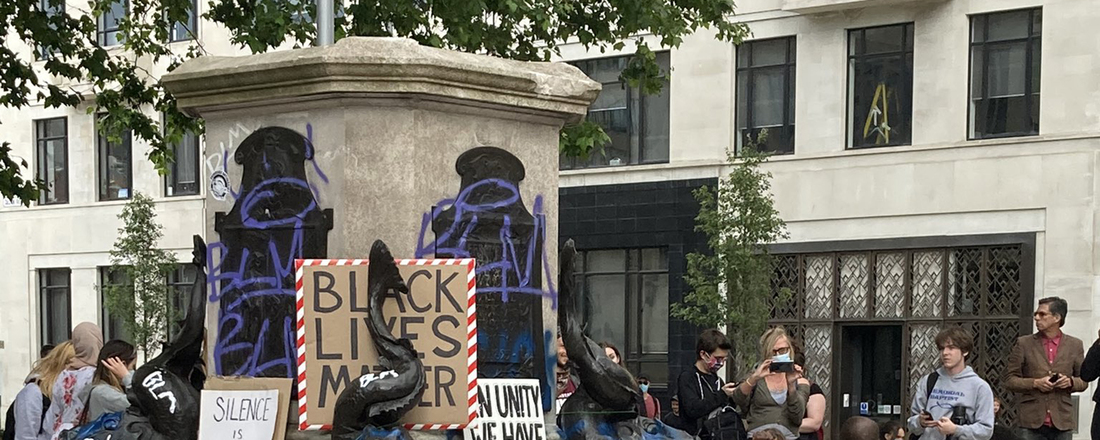Get updates from The Developer straight to your inbox Yes, please!
Marvin Rees: “It's solving a problem we haven't got”
Mayor of Bristol Marvin Rees talks planning, protest, housing and why we need to tell the fuller story of our places

“I ’m particularly concerned that it doesn’t address our problems,” says Mayor of Bristol Marvin Rees. “We have lots of sites with planning permissions that aren’t being delivered. Solve that problem.”
We’re discussing the government’s white paper and its radical proposals for the planning system in an interview at the Festival of Place – now available to listen to via podcast.
“It’s symptomatic of a government that solves its own problems in Whitehall and Westminster and doesn’t talk to people doing stuff on the ground.”
Listen to the interview
Rees says what’s missing is just a concerning as what’s in Planning for the Future – especially measures “that would allow the bypass of democratic processes.”
“Our aim is not to stop development, we want to get houses built,” says Rees. “We are pro-development; we’re just pro the right kind of development. What this paper does not do is support us to get the right kind of development.”
What’s the right kind of development? Rees says he would have liked the paper to match up to the Sustainable Development Goals, “so we can have guilt-free economic growth.”
“If you have a housing crisis in the city you need developers to understand that you can’t sit on land, you have to develop”
“My other concern is that it could lead us to values-free planning. We need more values now. We need to be pro-nature, pro-climate and we need to build community… to build resilience”
“Local government is not about controlling and stopping; it’s about shaping and enabling.”
Rees believes important decisions in the city should not be taken by one person – a topic we explore as we discuss the removal of the Coulston statue in Bristol during the Black Lives Matter protests, and the renaming of Coulston Hall.
“Whatever goes in the place of Couston’s statue should not be the choice of a single individual,” says Rees. Instead Rees has appointed a history commission to “help us engage with the true story of our city.”
“We’ve told a fantastic story to the outside world, with bridges and Brunel, but we’ve never really fronted up to the inequalities and oppressions that have been part of [Bristol’s] history.”
Rees believes, once that “fuller story” has been told, the population will be better positioned to decide what it wants to celebrate.
“I grew up in a city with a slave trader given a place of honour with a statue and I don’t think that’s appropriate”
“The truth is that I grew up in a city with a slave trader given a place of honour with a statue and I don’t think that’s appropriate,” Rees says. “I can’t agree to the way it was pulled down because that was illegal, but I don’t mourn it’s passing
“I do think we need to grapple with the fact that naming places after people is about honour, it’s not about teaching us history.
“It’s about what we choose to remember, what we choose not to remember. But we have to have that fuller understanding of who we are, before can we get into that conversation
“We need to tell the fuller story of our places,” Rees says.
Listen to the interview
Sign up to our newsletter
Get updates from The Developer straight to your inbox
Thanks to our organisation members
Become a member
© Festival of Place - Tweak Ltd., 124 City Road, London, EC1V 2NX. Tel: 020 3326 7238
